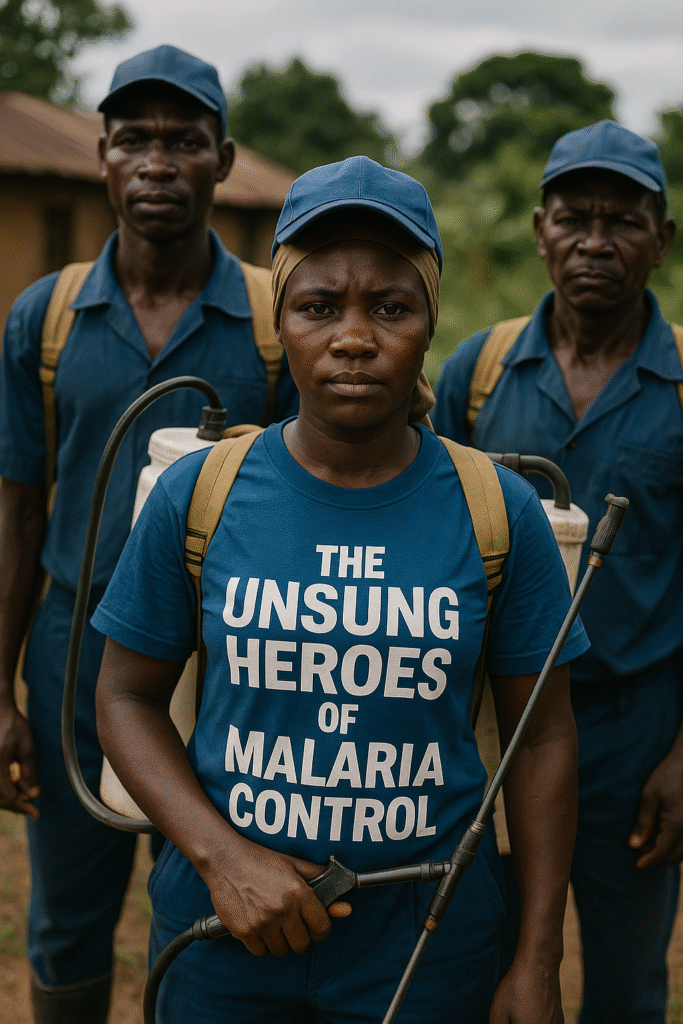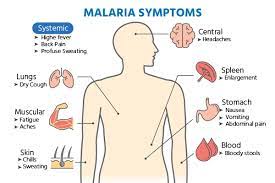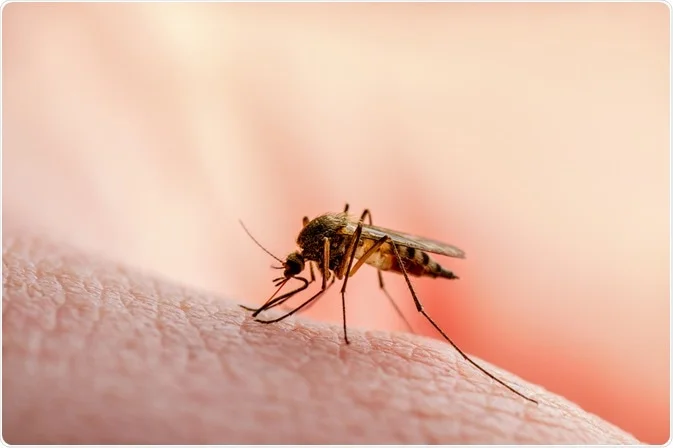The Unsung Heroes of Malaria Control

In Africa’s rural villages and urban slums, where hospitals are scarce and doctors overstretched, community health workers (CHWs) are the first—and often only—line of defense against malaria. They bring healthcare to people’s doorsteps, ensuring timely diagnosis, treatment, and education. Without them, millions more lives would be lost to this preventable disease.
The Critical Role of Community Health Workers
Community health workers support malaria control in three main ways:
-
Early Diagnosis and Treatment
-
CHWs use rapid diagnostic tests (RDTs) to identify malaria quickly.
-
They administer artemisinin-based combination therapies (ACTs) to save lives before complications arise.
-
-
Prevention and Education
-
Distributing insecticide-treated nets (ITNs) and educating families on proper use.
-
Teaching communities about eliminating stagnant water and recognizing malaria symptoms.
-
-
Data Collection and Surveillance
-
CHWs record malaria cases, providing real-time data for ministries of health.
-
This helps governments and partners respond quickly to outbreaks.
-
Impact in Numbers
-
In Nigeria, CHWs provide over 50% of malaria case management in rural communities.
-
In Uganda, community-based treatment programs cut malaria deaths in children under five by nearly 40%.
-
Countries using CHWs widely have higher coverage of ITNs, preventive drugs, and treatment adherence (UNICEF).
Why CHWs Are Indispensable
Malaria thrives where healthcare systems are weakest. CHWs fill this gap because they:
-
Live within communities and are trusted by families.
-
Speak local languages, overcoming communication barriers.
-
Reach children, pregnant women, and the poorest households—those most at risk.
By empowering CHWs, Africa can dramatically scale up malaria prevention and treatment.
Challenges Facing Community Health Workers
Despite their importance, CHWs face significant barriers:
-
Low or no pay – Many work as volunteers, limiting motivation and retention.
-
Limited training – Some lack adequate skills to handle complex cases.
-
Inconsistent supply chains – Stockouts of RDTs and ACTs undermine their efforts.
-
Poor recognition – CHWs are often excluded from formal health workforce planning.
Unless these challenges are addressed, Africa risks losing its most valuable malaria warriors.
Supporting and Strengthening CHWs
To maximize their impact, governments and partners must:
-
Pay and Professionalize CHWs – Provide fair wages and career pathways.
-
Improve Training – Regular refresher courses on malaria diagnosis and treatment.
-
Ensure Supply Chains – Reliable access to tests, medicines, and nets.
-
Leverage Technology – Mobile apps can help CHWs track patients and upload malaria data in real time.
Success Stories Across Africa

-
Ethiopia – The Health Extension Program employs 38,000 CHWs, drastically improving malaria prevention coverage.
-
Rwanda – CHWs equipped with mobile health apps reduced childhood malaria deaths by 60% in some districts.
-
Ghana – Community volunteers distribute ITNs during pregnancy and child immunization programs, boosting prevention rates.
Conclusion
Community health workers are the unsung heroes of malaria control in Africa. They ensure no one is left behind, bringing essential care to the hardest-to-reach populations. Strengthening their role through training, fair pay, and technology integration is key to winning the malaria fight.
At HubPharm Africa, we celebrate the vital contributions of CHWs and are committed to supporting them with medicines, education, and digital tools to improve patient outcomes. With empowered health workers, Africa can bring malaria deaths to historic lows.
Written by Fawzi Rufai, Medically Reviewed by Sesan Kareem



